Među ratnim veteranima u SAD-u sve je više beskućnika, a prema podacima Nacionalne koalicije beskućnika gotovo 25 posto ljudi koji žive na ulici čine ratni veterani. Među njima je i sve više žena koje otpuštaju iz službe. One čine 8% ukupne populacije veterana i gotovo 15% aktivnih vojnika. Broj beskućnica veteranki se više nego udvostručio - 2006. bilo ih je 1.380 da bi 2010. zabilježili brojku od 3.328.
Tom se temom, prvenstveno kroz fotografiju, pozabavila nagrađivana fotografkinja Mary F. Calvert, koja je objavila foto esej o životu žena koje se nakon odlaska iz vojne službe nađu na cesti, bez krova nad glavom. Crno bijele fotografije pričaju puno snažniju priču od bilo kojeg svjedočanstva, no sve više vojnikinja nakon službe progovara o zlostavljanju koje su ondje proživjele.
Većina žena koje odluče služiti zemlji kao pripadnice vojske, doživi neki oblik seksualnog zlostavljanja i maltretiranja od svojih muških kolega i nadređenih, a osim toga često obole od posttraumatskog stresa koji im otežava i uništava život, kako privatni u smislu odnosa i nošenja s osjećajima, tako i poslovni u smislu sposobnosti zarade.
Lurae Horse je služila u Ratnom zrakoplovstvu SAD-a kao strojarka teškog bombardera Boeing B-29, piše Daily Mail. Horse priča da ju je silovao neimenovani član njezine divizije, no nije htjela podnijeti službenu prijavu.
- Samo sam navukla hlače i vratila se poslu - rekla je kroz suze Lurae koja je u vrijeme zlostavljanja imala 19 godina. Zbog trauma i problema s reintegracijom u društvo danas je beskućnica koja živi u Paramountu u Kaliforniji.
Još jedna veteranka, Alishaa Dell, dio je statistike žena koje su nakon službe u vojsci postale beskućnice. U Ratnoj mornarici je provela pet godina.
- Vrijedim neusporedivo više od onoga što su mi plaćali u vojsci. Nisam više mogla podnositi maltretiranje i fizičko kažnjavanje za nešto što sam i trebala napraviti - ispričala je Dell koja je odbila iznositi detalje seksualnog zlostavljanja koje je preživjela.
Sarah Jenkins završila je vojnu službu u Korpusu mornaričkog pješaštva SAD-a, takozvanim marincima. I ona je proživjela tešku traumu nakon što ju je više vojnika u više navrata silovalo. Danas je ovisnicima o teškim drogama i uglavnom živi na cesti, a hranu dobiva od Nacionalne koalicije beskućnika.
Žene koje u vojsci postanu žrtve seksualnih napada, nakon otpuštanja iz službe često se nađu na margini društva i na rubu očaja.
Paula Anderson je, primjerice, imala puno više hrabrosti i prijavila je svojim nadređenima da su je kolege vojnici prvo drogirali, a potom silovali, no za ‘utjehu’ su je samo rasporedili na drugu lokaciju, u Koreju.
Melissa A. Ramon je američkoj vojsci služila devet godina, i to u Ratnom zrakoplovstvu, gdje su je seksualno zlostavljali i mentor letenja i kolege piloti.
- Kad vidite pruge na odjeći, one znače moć i autoritet. Nisam nikome prijavila jer bi to značilo kraj moje karijere. Za mene su vrijedila pravila, za njih nisu. Kako god sam okrenula, to je značilo njihov svijet protiv mog. Ništa nam ne vjeruju, negiraju naše tvrdnje i još nas pritom maltretiraju. Čini se kao da su nas htjeli ubiti sumanutim zadacima - ispričala je Ramon.
Melissa ima ozbiljne psihičke posljedice i PTSP zbog čega je od liječnika dobila koktel lijekova, a od odlaska iz vojske svako malo gubi smještaj i dio godine je beskućnica, a dio se snađe. Više ne može spavati po skloništima za žene jer oni ne primaju dječake starije od 12 godina, a njezin sin Sam ima 13 godina. Dobiva pomoć od nekoliko udruga i organizacija za pomoć veteranima, a kad mogu, spavaju po motelima u okolici Los Angelesa.






Za sudjelovanje u komentarima je potrebna prijava, odnosno registracija ako još nemaš korisnički profil....